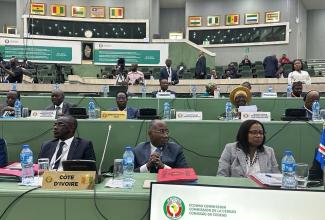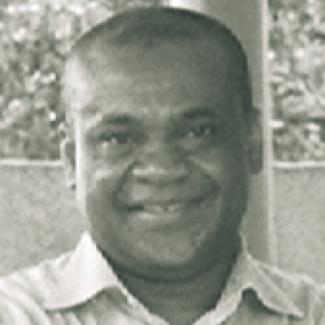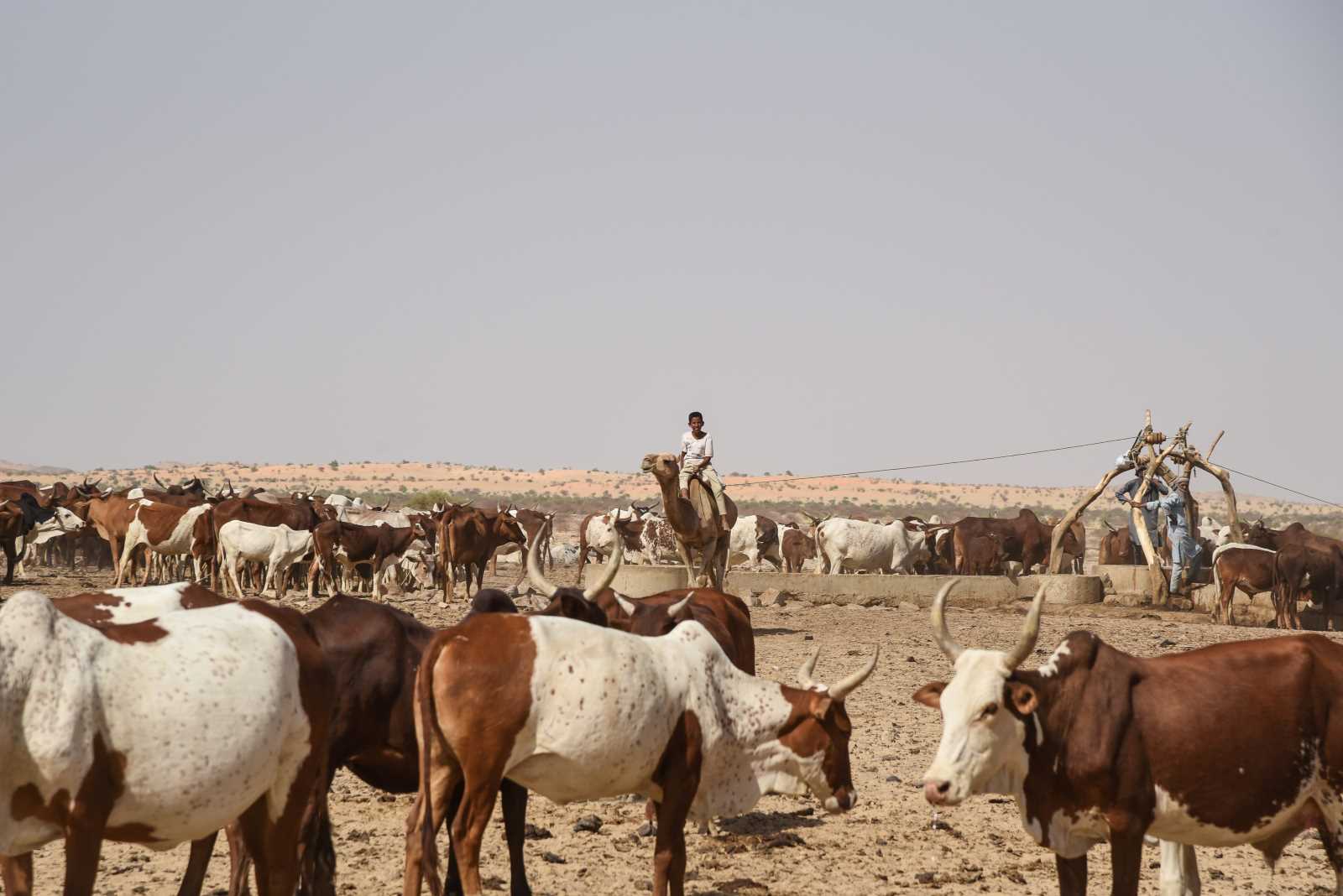Military regimes
Exit ECOWAS

The three military leaders Assimi Goïta (Mali), Ibrahim Traoré (Burkina Faso) and Abdourahamane Tiani (Niger), who came to power in 2021, 2022 and 2023 respectively, issued a joint statement accusing ECOWAS of not supporting their fight against “terrorism and insecurity” but instead imposing “illegal, illegitimate, inhumane and irresponsible sanctions” and serving the interests of foreign powers. The three countries have been subjected to jihadist attacks for many years, in which tens of thousands of people have been killed or injured and even more displaced.
The military leaders have a point that falls on fertile ground in many places in West Africa: ECOWAS is increasingly perceived by the public as a union of presidents who are only interested in scratching each other’s back and colluding with western powers rather than representing the interests of West Africa.
However, the withdrawal from ECOWAS raises existential questions for the military regimes that founded the Union of Sahel States as a mutual defence pact last September: How do the three landlocked countries intend to handle issues such as a common customs tariff, the import and export of goods or transit options?
The most worrisome issue being discussed on radio talk shows in the sub-region these days concerns freedom of movement and residence. Many citizens from Mali, Burkina Faso and Niger work in Côte d’Ivoire, for example. If the three countries confirm their joint decision to leave the regional bloc in the coming months, visa-free travel will become ineffective.
Mineral resource potential
However, the withdrawal of the countries, which together cover an area of more than 2.5 million square kilometres, is anything but good news for ECOWAS as well. Mali, Burkina Faso and Niger are aware of their huge potential in mineral resources. The three countries mine gold and uranium, among other things.
ECOWAS has lost much of its credibility in public and there is no doubt that the weakening of the regional bloc has considerably strengthened the confidence of the military rulers. They are now turning to Russia, Iran and Turkey for economic support. Other countries such as Morocco, Saudi Arabia, Qatar and the United Arab Emirates are also said to be interested in the Sahel region, where most people have adhered to the Islamic faith for centuries.
Russia, Iran and Turkey also continue to supply military equipment to the three countries. They know that the regimes urgently need support in their fight against the jihadists. Every now and then, there are successful strikes, but the terrorists fight back, decimating their troops.
Many eyes are now focusing on Nigeria as the leading power in the region. But President Bola Tinubu is keeping a low profile these days. Back in July 2023, shortly after the military seized power in Niger, he promised to send his troops there to reinstate Mohamed Bazoum, the deposed head of state. Now his reactions were more restrained, and he signalled readiness to talk to the renegade states.
However, the three countries are not willing to hold talks with ECOWAS so far. Some hopes are pinned on Togo, as the country has acted as a mediator in the past. In any case, ECOWAS has great interest in bringing back the defectors. It is worth noting that by mid-February the ECOWAS Commission had not yet received any formal notification of their intention to withdraw, so it declared withdrawal decisions “null and void”.
Until now, it looked as if the three heads of state wanted to remain members of the CFA franc zone for fear of currency chaos. But in mid-February, Niger’s General Tiani declared on the country’s public television that his ultimate goal was to abolish the “currency of colonisation” and join a new currency zone with Burkina Faso and Mali. Nobody really knows where the Sahel region is heading.
Karim Okanla is a media scholar and freelance writer from Benin.
karimokanla@yahoo.com









